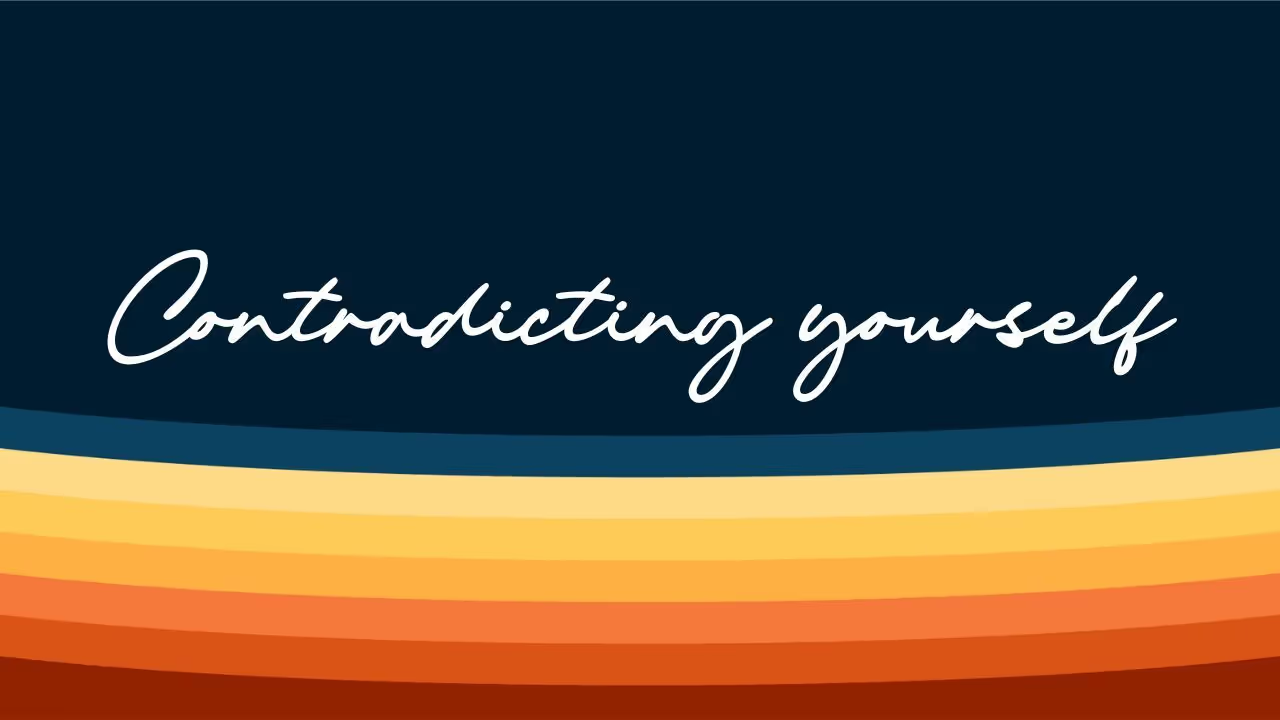For many people, the writing process involves regular crises of confidence and ‘realizations’ that you’re a terrible writer. Even commercially successful writers who’ve won heaps of awards have moments when they wish they were a better writer, or even believe that all they’re really capable of is bad writing. It’s hard for many writers to be objective about their own writing style. But take heart—you’re more than capable of good writing. In fact, you might even be a great writer and not realize it yet!
At The Novelry, we see weekly breakthroughs in writers’ work. So, our founder, Louise Dean, wanted to dedicate a blog post to sharing some of the signs of a step-change in the quality of the work, from good to bloody brilliant. (Next stop: publication! You’ll be a professional writer in no time.)
But above all, remember not to keep comparing yourself to other writers, or exulting ‘good writers’ too enthusiastically. While it’s great to take inspiration and learnings from Hero Books, being a good writer also means having your own unique style and voice. Not everyone will write like Anton Chekhov! Be kind to yourself, and remember that you love writing. We must never let our fears that we may secretly be bad writers mean that we stop writing altogether. Self-doubt is the greatest enemy of good writing.
So, without any further ado, here are the following signs that are great indicators that you are, after all, a good writer.
1. Hard work made harder

A writer has a work emergency or an illness and decides to work harder. Bingo, breakthrough. It’ll make them a better writer. No hard work ever goes unrewarded when it comes to the craft of writing. A writer goes to extraordinary lengths, gets tired, loses patience with herself and cuts to the chase in her prose—and lo and behold, we have writing worth reading, and then some. Sometimes you have to slog it.
That first chapter, though! I don’t exaggerate when I say to you that I rewrite mine 1,000 times. It can seem bloody-minded at times. Moving words in and out. You worry it will lose its liveliness. It doesn’t. You cut the pretty bits. Someone’s foot moves in a reflexive action off-camera, and you’re on it. Your eyes are all over the scene suddenly.
Write on, but return again and again to each scene in that first chapter until you’ve nailed it. The rest is much easier—easy, even.
2. Use the blues

A writer feels down. The writer uses the ‘damn hurt,’ as Hemingway described it, to bring a new dimension to a character she’s previously struggled to see.
Bingo.
We have a person in a novel, good and bad, to whom we can attach as readers. The writing becomes colorful, and a good story finds worthy characters to enliven it.
3. Be a square

A good writer drops the innovations or the sloppy layout, and gets tidy and completely conservative with her manuscript, moving to clean fonts and observing spelling and punctuation.
Contrary to the myth of good writers being haphazard, slapdash, and able to write things as if by divine intervention, creativity needs discipline. Professional presentation is crucial to winning the trust of a reader—first you, then the agent, and so on. You don’t get given trust; you earn it. Then you can shock the shit out of everyone in your storyline. You have the right.
If you’re looking for the standard template for Word, simply open a new document, search for ‘story manuscript,’ set it to U.K. or U.S. English, and use!

4. Contradicting yourself

Our human stories are fictions in themselves, curated by monstrous liars.
In our writing, we must realize that we the authors cannot ever see ourselves, so please don’t try to be in the book.
Don’t choose your virtues to ascribe to a character—you will soon run out of material. Choose your faults and your same issues, and you’re in with a chance. Better, stand back and let the people play as they would, each with their own motivations and needs firmly at the front of their mind, doggedly so.
{{blog-banner-2="/blog-banners"}}
Revise, revise, revise to show the breadth and multiplicity of every person who is at least as deceitful as you or as ‘creative.’ Undo them. If they are amiable, have them gloomily amiable or amiably gloomy. Even miserable bastards smile when someone falls over. A note of dissonance brings a paragraph alive. If your characters don’t quite fit, it’s usually a good sign.
Don’t fix your folks with your nib. Stay alive to their possibilities and they will surprise you, delight you, and the reader, too. Now, that’s a book alive!
5. A big decision

...to ditch a mechanic you’ve outgrown.
For example, the difficult first-person narrative. Sometimes, it just has to go to provide you with room to move. Sally Rooney uses a very close third, which is about as tight to first as you can get. She gets the immersive experience but allows herself the option of various perspectives, too.
You can move between close thirds between two characters by changing the type of language you use and the kind of thought that’s being expressed. Go back to the first chapter and try it another way, from close third.
For more insights and pointers on the narrative perspective, be sure to read this blog post.
6. Repetitions

Yes. Yes. Because we do. We do. We love a chorus.
Tie up that chapter by going back to the first line and go for a reprise. In real life, people say or think the same thing over and over again. In fiction, you can let them say it just twice and that will count for multiple times. You might not feel like a good writer if you’re repeating yourself, but trust me on this one.
7. You give up being ‘original’

Lots of writers—especially new writers—feel pressure to do something wholly new and different and avant-garde. But give up being clever and go for being a good writer instead.
You’ll know you’re at this stage in your writing when you hit it. You’re just you. Not the clever parts, not your learning, nor your reading, nor your plotting, nor your commercial market-based insights on what makes one story bestselling and another unknown.
You’re you, warts and all, distributed among the cast. You’ve torn yourself into bits and sat back in the glorious squalor of dismemberment. You’re not prim at the desk, you’re scruffy, in mind and body.
It’s another of our beloved paradoxical precepts at The Novelry (where we ain’t textbook, we’re live!): when you give up trying to be original, you become so. That’s when you’re on the right track to being not just a good writer, but a bloody brilliant one.
8. You give in to your cast

Your characters are people. It’s probably taken you half the novel to get them there. Give them character flaws.
When you’ve finished your first draft, you go back to the start and rewrite the dialogue as each would really say it, and then you throw some spanners in the works—well, they do.
When you sit down to write, you start getting a funny feeling. It starts as a little splutter, something a bit like a cough. There’s a filthy old man quality to it. Then you realize you’re snorting. You’re giggling. You’re laughing.
Yes, my friend, you’re writing, really writing, and the damn book’s writing you, too. When you go back to it tomorrow, you’re among friends. Wayward friends.
Remember when all you wanted was to get to The End? Now, you don’t. Days pass and you love every moment of writing.
And this for luck:
9. Your writing starts to be readable when you stop trying to be a big shot

Purple prose. As Hemingway said, a writer’s got to take a lot of punishment to write a really funny book. (Or a good book.)
If you haven’t taken a lot of punishment, and you think you have, those ‘momentous’ sentences might not work out too well for you.
But if you think you haven’t taken a lot of punishment, if you think you’re lucky, well, that’s the right frame of mind to turn tricks from. By that, I mean you’ll understand you’re creating an entertainment. You’ll accept you’re not going to change anyone’s mind. Really, you’re not. It’s not possible. And why should you? Your job is to show humanity, not give it a telling-off. Most people aren’t reading fiction to be reprimanded. When you give up trying and give your reader some time off for good behavior, you’ll have it licked.
Welcome to the way of the good writer.
Welcome home, writers. Join us on the world’s best creative writing courses to create, write, and complete your book. Sign up and start today.



.avif)


.avif)